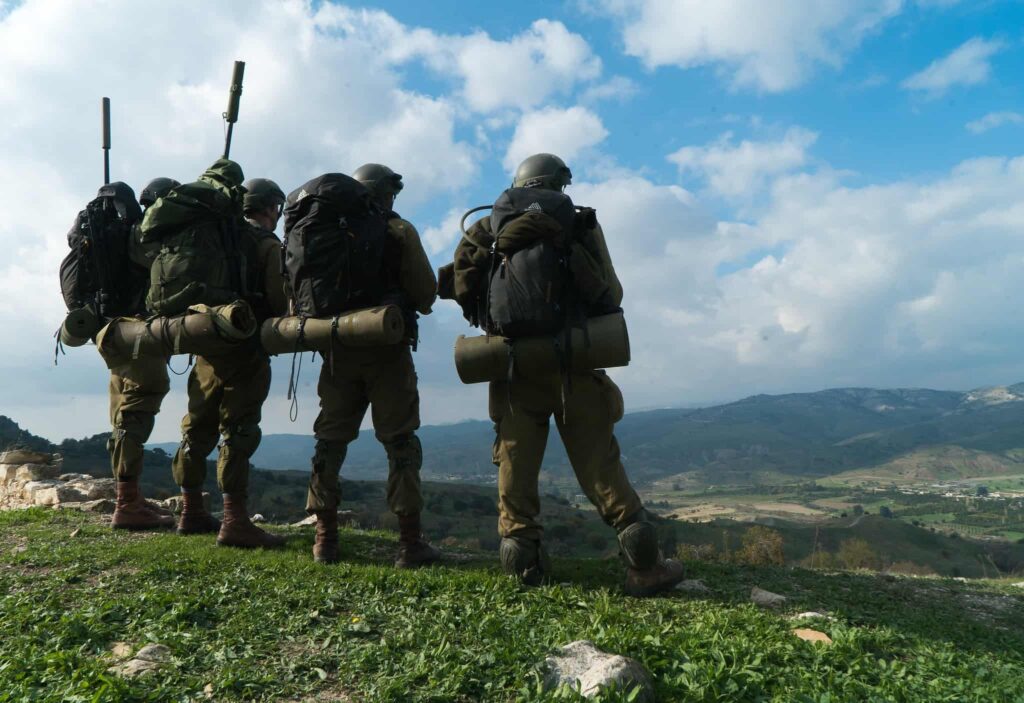The discharge of men inducted into the IDF from July 2015 began in March 2018, after 32 months of compulsory service (compared with 36 months until then). A law stipulating a further shortening of compulsory service for men is supposed to apply to those drafted from July 2020, such that they will serve 30 months. However, according to media reports, the past year has heard dissenting voices within the military against adopting this shortened service, in view of the increasing security challenges.









